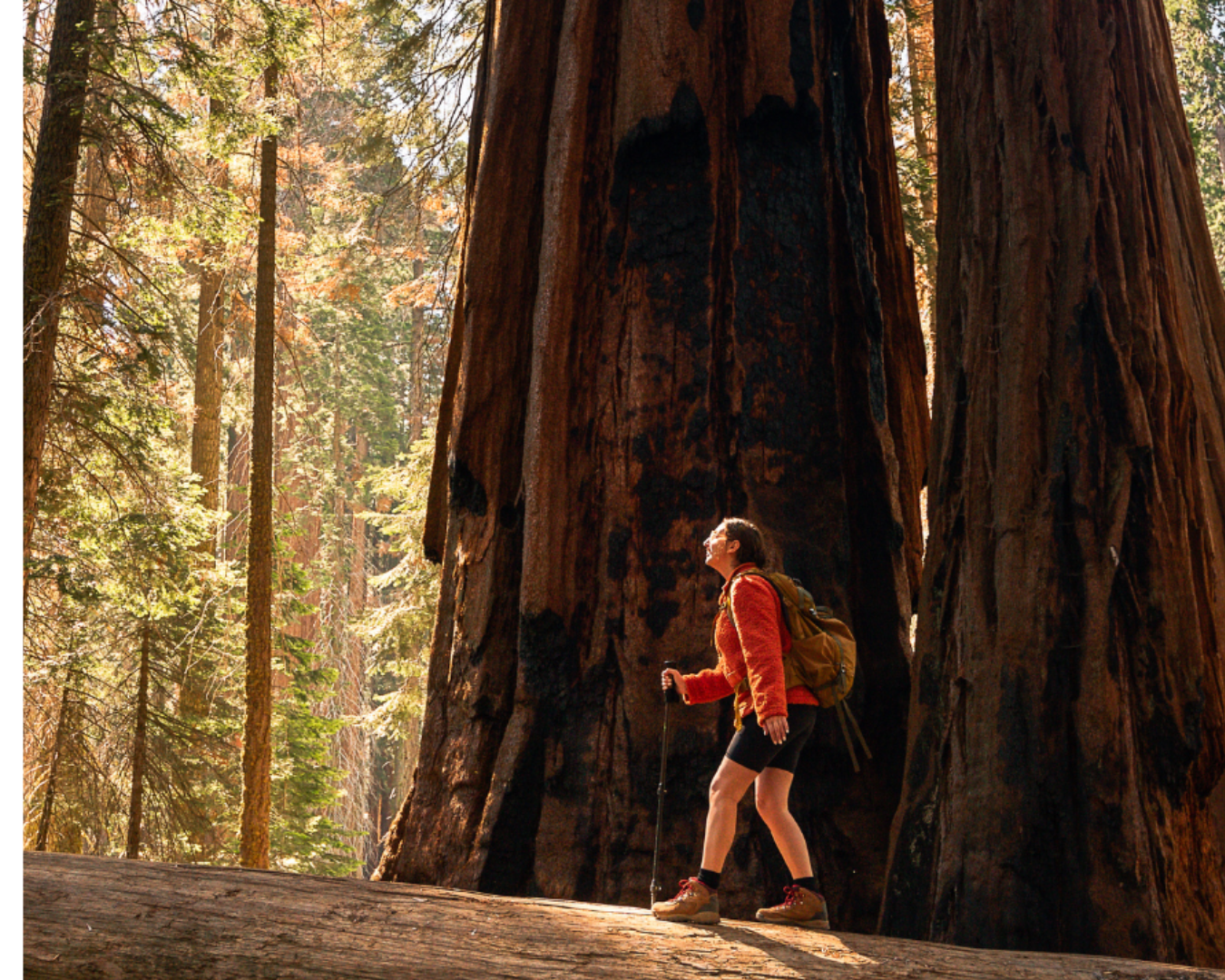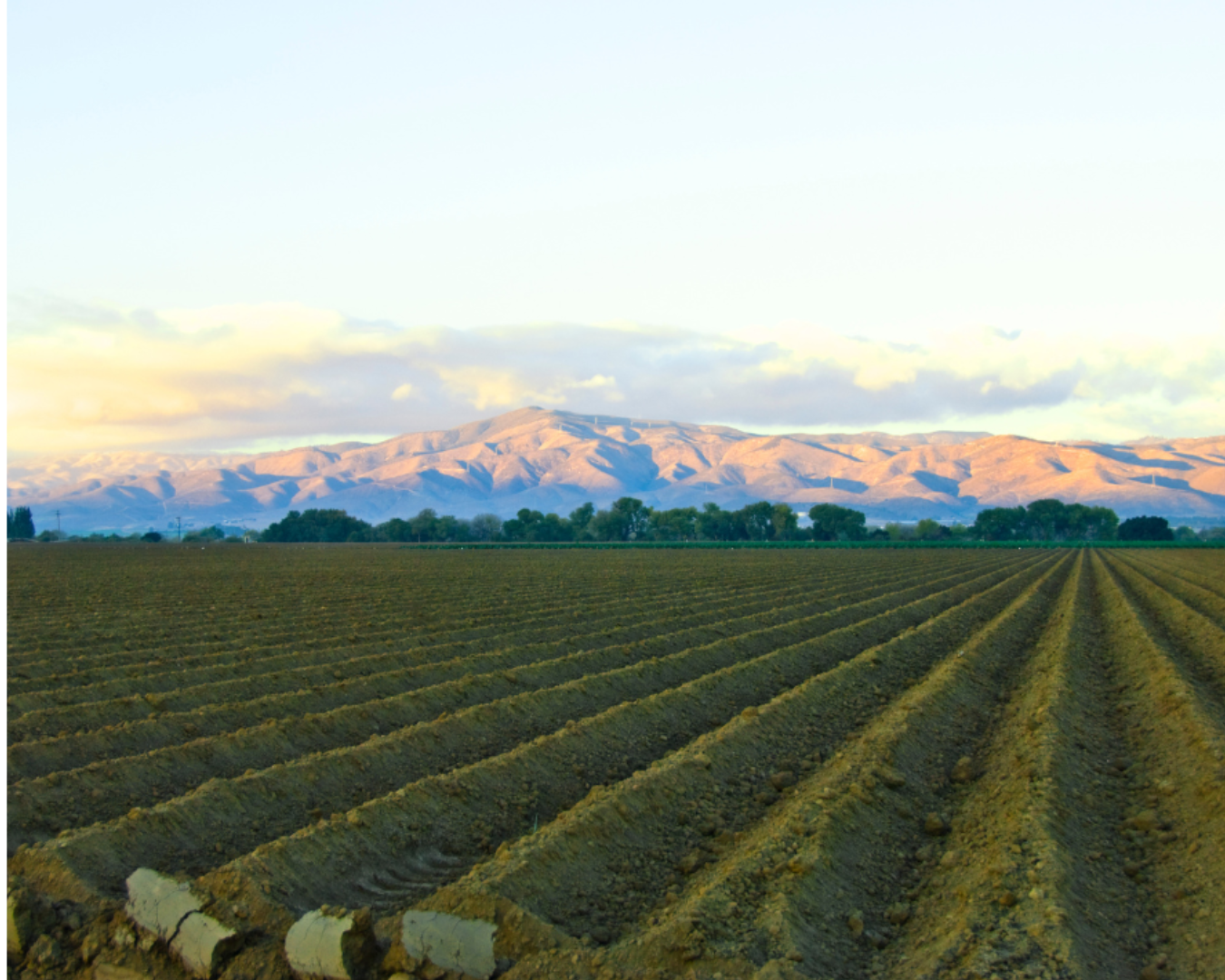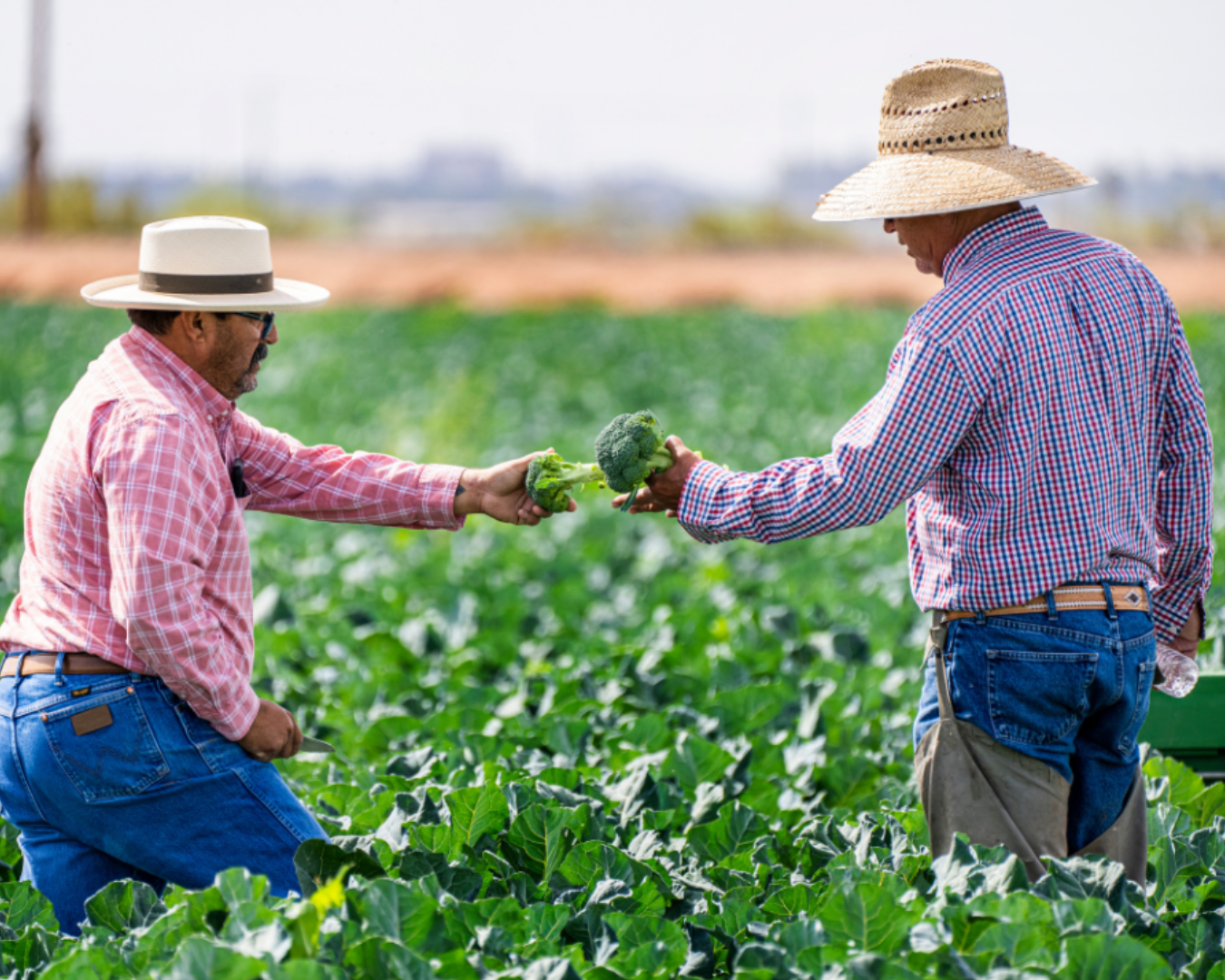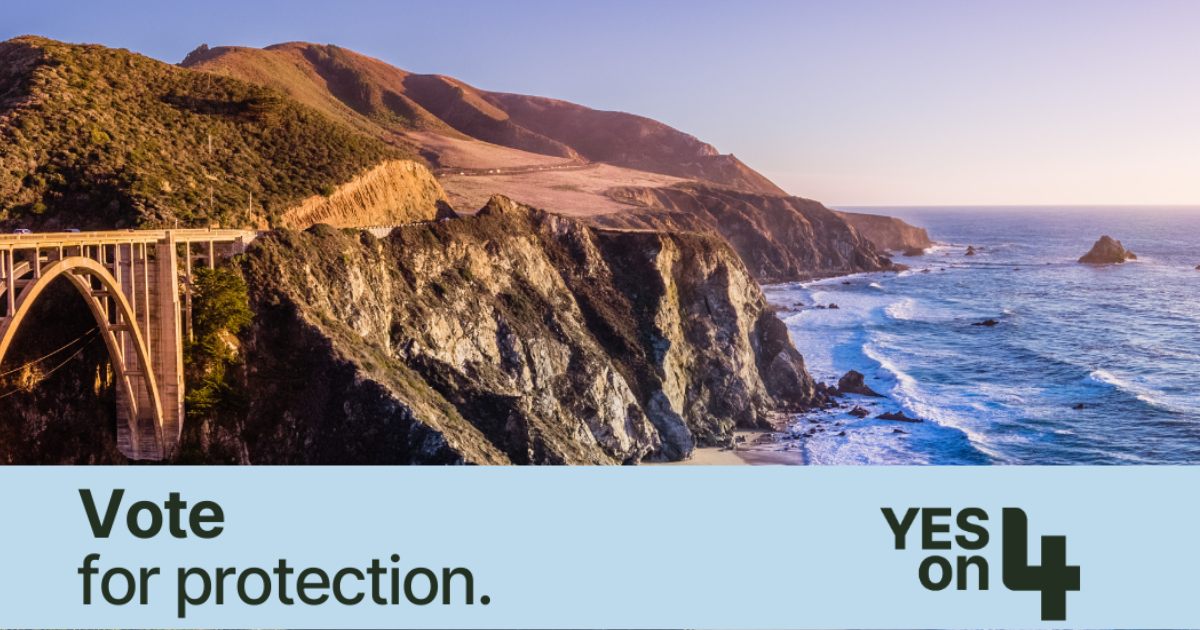California stands at a critical juncture in its fight against climate change, and this November, we have a unique opportunity to shape what that will look like. Proposition 4, a $10 billion climate resilience bond is on the ballot, and its passage is crucial for the future of our state's land, water, air, and communities.

What is Proposition 4?
Proposition 4 is a comprehensive climate resilience bond that allocates $10 billion to help prepare Californians for the impacts of climate change. With bipartisan support, Prop 4 aims to protect our water quality, increase water supplies, prevent wildfires and reduce fire impacts, protect natural areas, and help frontline communities access safe drinking water and green space. If passed, this would be the largest investment in climate resilience in California's history.
The bond's broad scope reflects the interconnected nature of climate challenges. It addresses immediate concerns like water quality and wildfire prevention while also investing in long-term solutions such as ecosystem protection and community resilience. By tackling these issues comprehensively, Prop 4 seeks to create a more sustainable and climate-resilient California for generations to come.
Why CalTrout Supports Prop 4
As an organization dedicated to ensuring healthy waters and resilient wild fish populations in California, CalTrout strongly supports Prop 4. Here's why:
- Immediate Action is Crucial: The impacts of climate change are already being experienced across California. By investing now, we can mitigate current impacts and prepare for future challenges. Remember, planting a tree today won't yield benefits for years – that's why we need to act now.
- Support for Critical Programs: Recent budget cuts have significantly reduced funding for programs that organizations like CalTrout rely on to do our vital work. Prop 4 will help maintain momentum in building a more climate-resilient future for the communities and species that depend on our freshwater ecosystems.
- Comprehensive Approach: The bond addresses a wide range of issues, from wildfire prevention to water supply protection, aligning closely with CalTrout's holistic approach towards restoration and conservation that benefits all Californians.


Benefits for Freshwater Ecosystems
Prop 4 offers substantial benefits for California's freshwater ecosystems through strategic funding allocations. The bond supports crucial initiatives like dam removal and streamflow enhancement, addressing key challenges to river health and fish migration. Its impact is already evident in North Coast rivers, where similar previous efforts have prevented salmon extinction in the Russian River and aided population recovery across the region.
The bond's comprehensive approach includes protecting and restoring rivers, improving wildlife refuges, and enhancing wetland habitats, among other initiatives. It allocates $700 million for parks and green spaces, $300 million for water conservation on farms, and $1.2 billion for protecting natural lands. These investments will bolster the health and resilience of California's diverse freshwater ecosystems, benefiting not only wildlife but also local communities, farms, and recreational activities that rely on clean water.
The Urgency of Climate Action
California faces unprecedented climate challenges that demand immediate action. Devastating wildfires, vulnerable drinking water supplies, and extreme heat waves threaten lives, property, and ecosystems. Our iconic landscapes and wildlife, from coastal redwoods to alpine meadows, are under increasing stress from rising temperatures and shifting climate zones.
Prop 4 addresses these urgent issues with targeted investments in proven solutions, and specific funding allocations for disadvantaged and vulnerable populations. By acting now, we can protect our communities, preserve our natural resources, and build resilience against future climate impacts, safeguarding the California we cherish for generations to come.

Why Your Vote Matters
By voting YES on Proposition 4 this November, you're supporting:
- Wildfire Prevention: Investing in strategies to detect, prevent, and reduce the intensity and spread of fires across the state.
- Water Security: Upgrading vital water infrastructure, restoring groundwater supplies, and increasing water recycling programs.
- Ecosystem Protection: Preserving open spaces, forests, and coastlines for future generations.
- Community Resilience: Ensuring all Californians have access to clean water and helping communities adapt to climate change impacts.
Moreover, your vote is crucial for advancing California's 30x30 commitment - a pledge to conserve 30% of the state's lands and coastal waters by 2030. As part of the coalition committed to this goal, CalTrout recognizes Prop 4's vital role in this effort. The bond's significant funding for protecting natural lands and restoring critical habitats directly contributes to this ambitious initiative, positioning California as a leader in conservation efforts.
Conclusion: Vote YES on Proposition 4
As Californians, we have a responsibility to protect our state's natural resources and build a resilient future. Prop 4 represents a critical step forward in our fight against climate change and its impacts on our freshwater ecosystems.
This November, you have the power to make a difference. Vote YES on Proposition 4 to safeguard California's water resources, protect our communities, and preserve the natural beauty that makes our state unique.
To learn more, check out the official Proposition 4 website, the California Legislative Information website, or the California General Election Official Voter Guide.





